This is the second article in a series on human history. You may be wondering where the first article is. I wrote an article to start writing this series. That article is the first in a series of articles. I finished writing it and showed it to my friends and asked for their opinion on it. As I expected, their opinion was that the article could be subject to much criticism. They said not to make it public. I accepted it and decided not to make the article public. That article is full of religious criticism. I have criticized them to the point of not being able to explain it from a religious perspective. If you want to read that article and you have no problem making such points. Leave a comment and let me know. Considering the majority opinion, I will put that article in my profile.
Let us now turn our attention to this article.
What is before the history [Prehistoric] and after the history [Historic]?
Think of an old-fashioned clock that spins. Now suppose it says 11:58 p.m. Imagine that one hour from 11 to 12 shows two hundred and fifty thousand years. The last two minutes can be described as ‘after history’. That is, it tells us about the time when man lived in the world in some way or another through written evidence.
Before that, 58 minutes was a time when there was no written evidence.
From then on(after 11.58 on that clock) the Babylonian and Egyptian pasts began. The last thirty seconds on the clock face above were the time when Julius Caesar invaded Britain. In the final two seconds Napoleon launched the Battle of Waterloo. Primitive man before 11:58 was slightly different from the animals. He did not have the ability to handle clear language except to make a vague voice.
He had no weapons or clothes. There were no fires to make cooking easier. But he had a more advanced brain than animals. But the wisdom was lacking. An unprecedented time passed like this.
Although man progressed very slowly, he eventually learned the art of living differently from other animals. He had hitherto been in the wild and was slowly making his way to civilization. Learned to add words and speak. He made simple weapons out of animal bones and stones. He made clothes out of leaves and animal skins. The most important thing he discovered was fire.
Probably the first time this old man caught fire when two pieces of wood collided with each other with the intention of making a noise. Or you may have seen wildfires in the wild. He may have been terrified of it. But later he may have learned to take advantage of it. Anyone who has visited Africa will understand that the ‘fire’ of any primitive religion is like a god.
Moreover, even in Hinduism in Asia, ‘fire’ is referred to as the ‘fire god’.
His life changed after this precious discovery. He realized that fire could be used to soften food for easy bites. He heated rough clay pots to make more durable, waterproof pots.
But there is evidence that he made weapons out of metal during the written civilization. In earlier times he learned to build primitive boats that could cross the water. At least he learned to cross small streams from those primitive boats. It was the time when he learned to ‘build things’.
Here it seems that this era was an important era in human life. But even at this time, the ancient man had many challenges. It also appears that he used the media to express his views at this time. Evidence of this can be found in ancient cave paintings. Some paintings are over 50,000 years old. Apparently he originally painted not letters but drawings.
It is at this time that man, who is afraid of natural things like fire, water and lightning, begins to believe in a stronger force than himself. He needed a third force to interpret the situations he could not answer. That third force was considered to be God. Although his little children could not hunt and catch an animal, they did not know why the plants bloom in the rainy season, but he had an understanding of it.
Brought up the same argument; By thinking about how what he cannot understand is really happening. He acknowledged that natural phenomena occur at the hands of someone wiser than he is.
In the end, Man created God. That is, he needed a ‘father compensation’. Without the sun, just as the light does not fall, the yield of his crop is reduced. Excessive sun exposure also destroys the crop. So is water and wind. Thus the concept of God became important to him in describing natural things.
Meanwhile, the relatives of the deceased were also elevated to the deity. They had to avoid the trouble they caused by dying and returning like a ghost. By pleasing this God, thinking that God’s favor is granted to man’s needs. Pleasing God began with sacrificing animals, or perhaps capturing or killing one of his own and offering them to God. The tree-stone pilgrimage began.
One of the pitfalls of primitive man’s earlier journey was that he became a hunter. He realized that it was easier to raise animals because some days there were no animals or they could not be killed. The second setback was that he was an animal tamer as well as an animal breeder.
The third step of this primitive organism, which could not depend on animals alone, was to depend on plant food. There, too, he learned to prepare the soil to control the plants in the way he wanted. That is, he adapted to farming. This last moment was the most important moment in the life of ancient man.
This intermediate period between the hunter and the farmer, the time of Abraham, the tribal leader, and the early Israelite societies can be seen. During this time Abraham received a message from God. It means that he should kill his child on an altar and offer it to God. Moments before the child was killed, God’s command changed at the last moment.
Impressed by his piety, God said that it was enough to kill a sheep instead of a child.
This ancient man, who was like a hunter or an animal keeper, could not stay in one place. Therefore, he had no need to own the land. But as a farmer, his life was limited to one place.
This created a new society. His life was colorful.
Although thousands of years have passed since then, man today is not completely free from the traits and beliefs of that primitive man. This is why Muslims still slaughter and sacrifice an animal, such as Abraham, on a certain religious day in Islam.
Postscript: – Searching for the origin of man is like exploring a vast forest. It is a very difficult task. No matter how many history books you read, or if you read all kinds of history books throughout your life, you will never find the absolute truth.
I started writing this article out of great curiosity about the origin of human origin. But for the same reason mentioned above, there may be a lot of shortcomings in these articles. Especially as you go further, you will understand how complex this subject is.

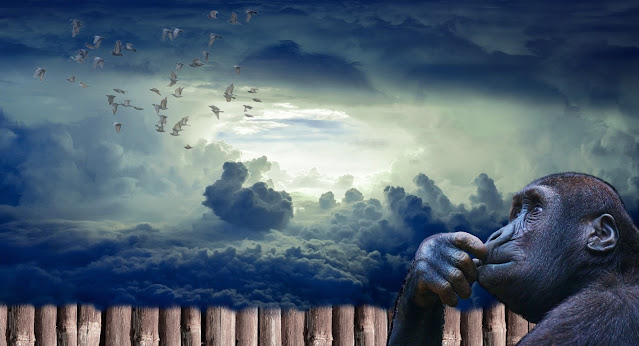

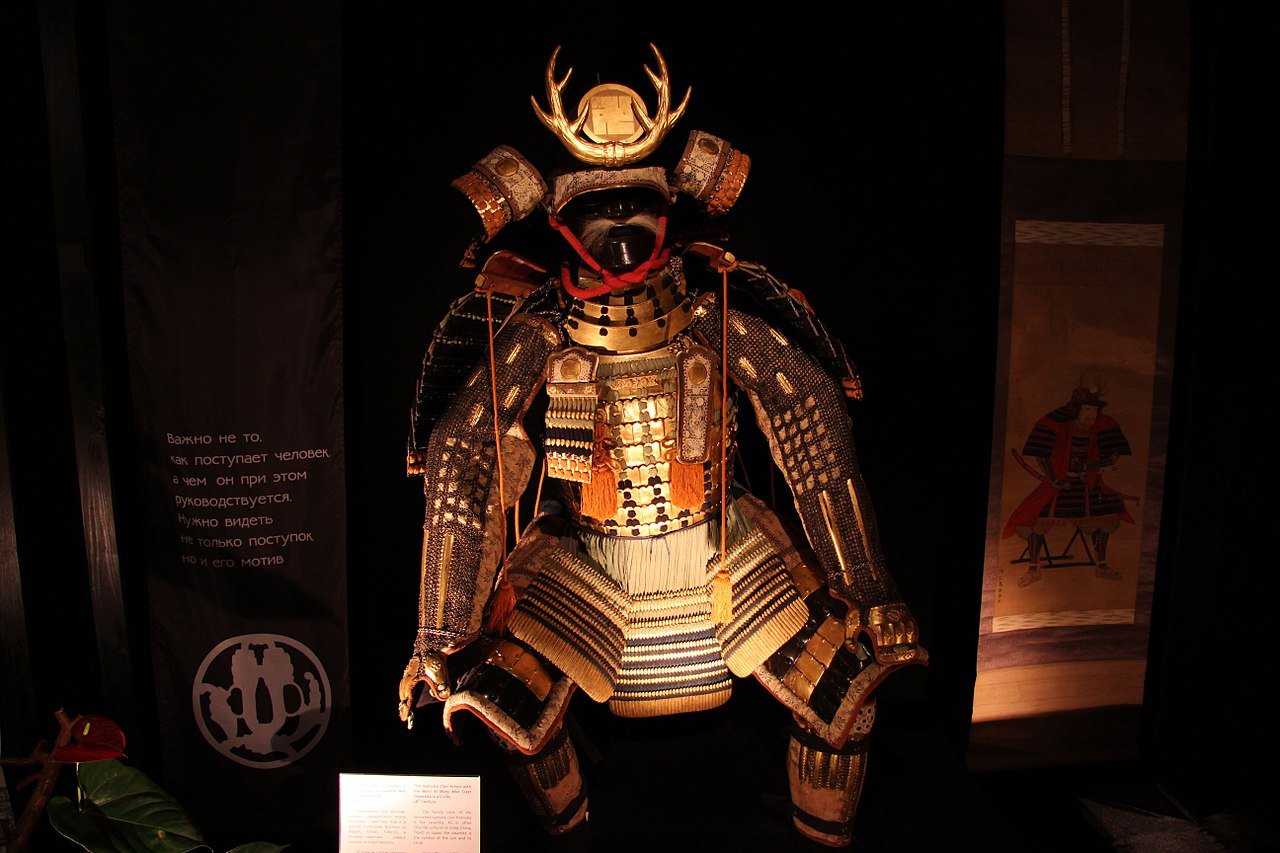
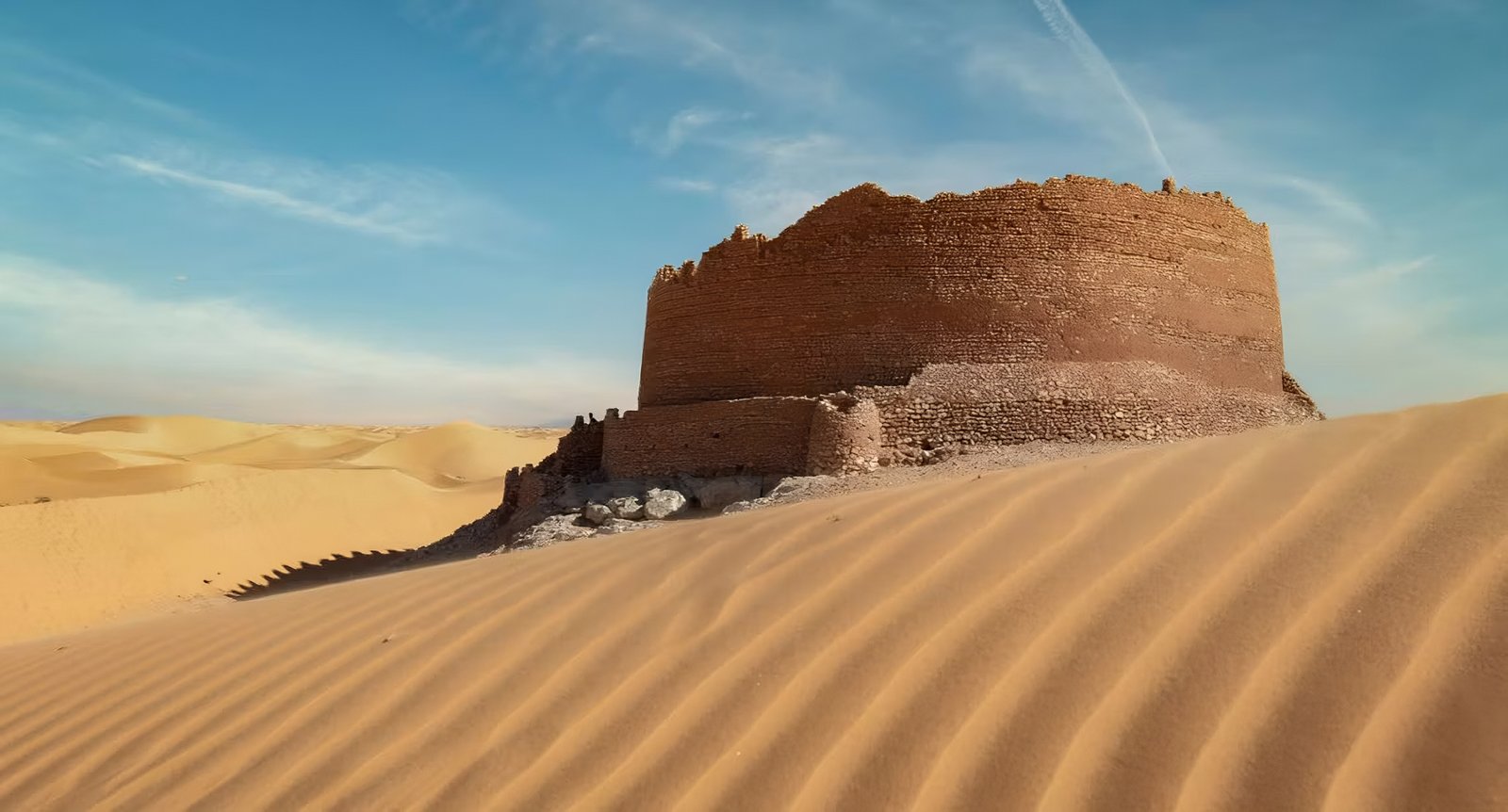
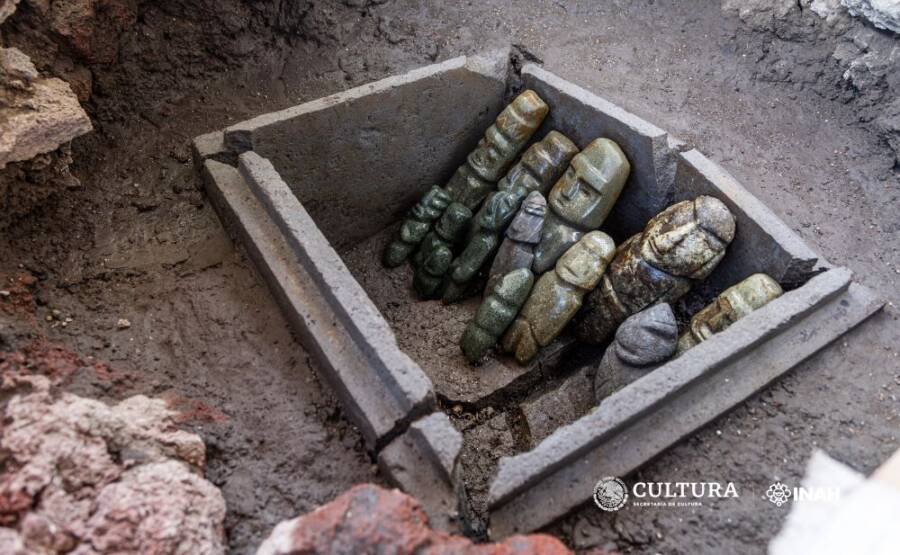
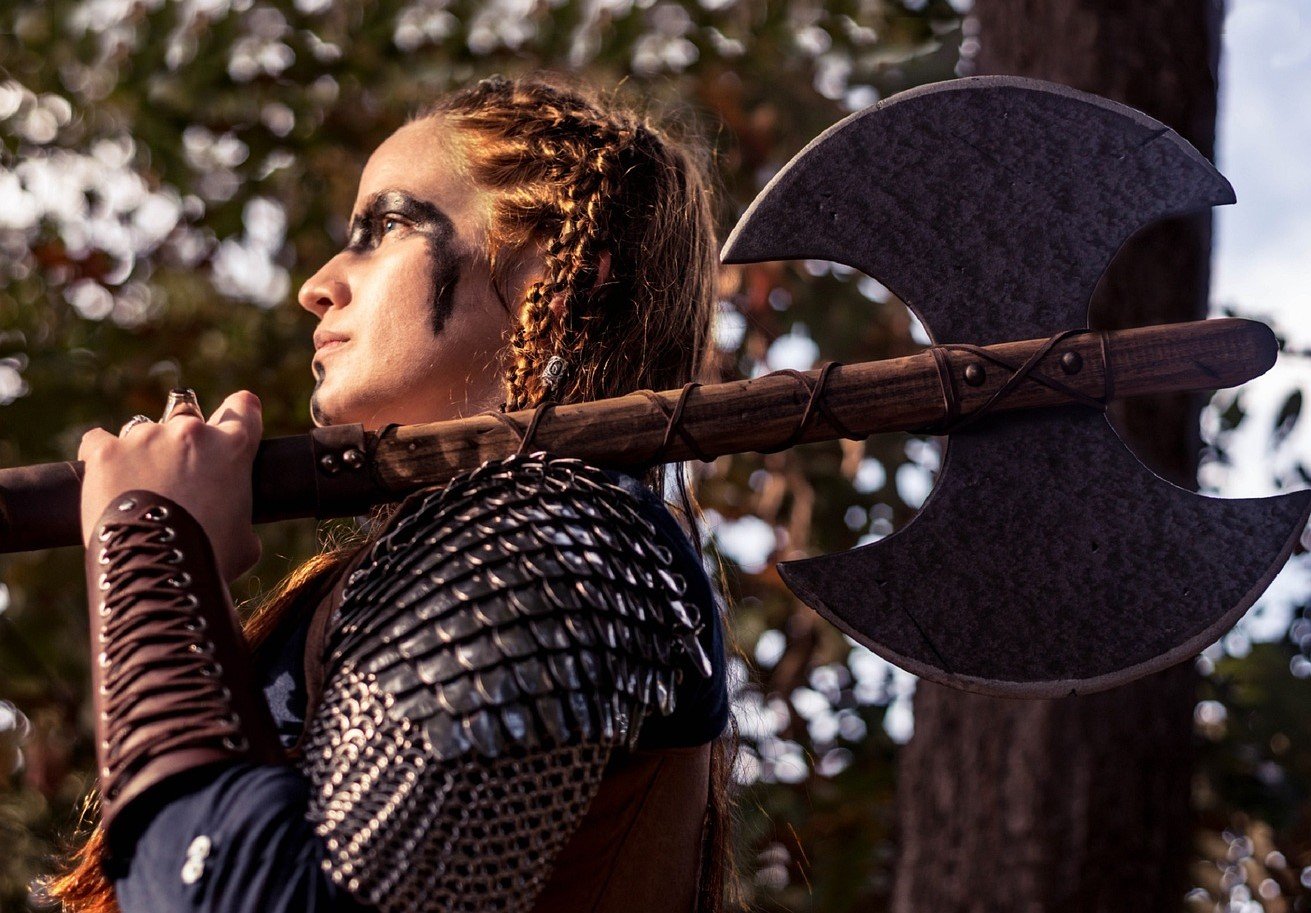

2 thoughts on “Human History 2 – Before and After History”
Can you be more specific about the content of your article? After reading it, I still have some doubts. Hope you can help me. https://www.binance.com/sk/join?ref=YY80CKRN
Your article helped me a lot, is there any more related content? Thanks!